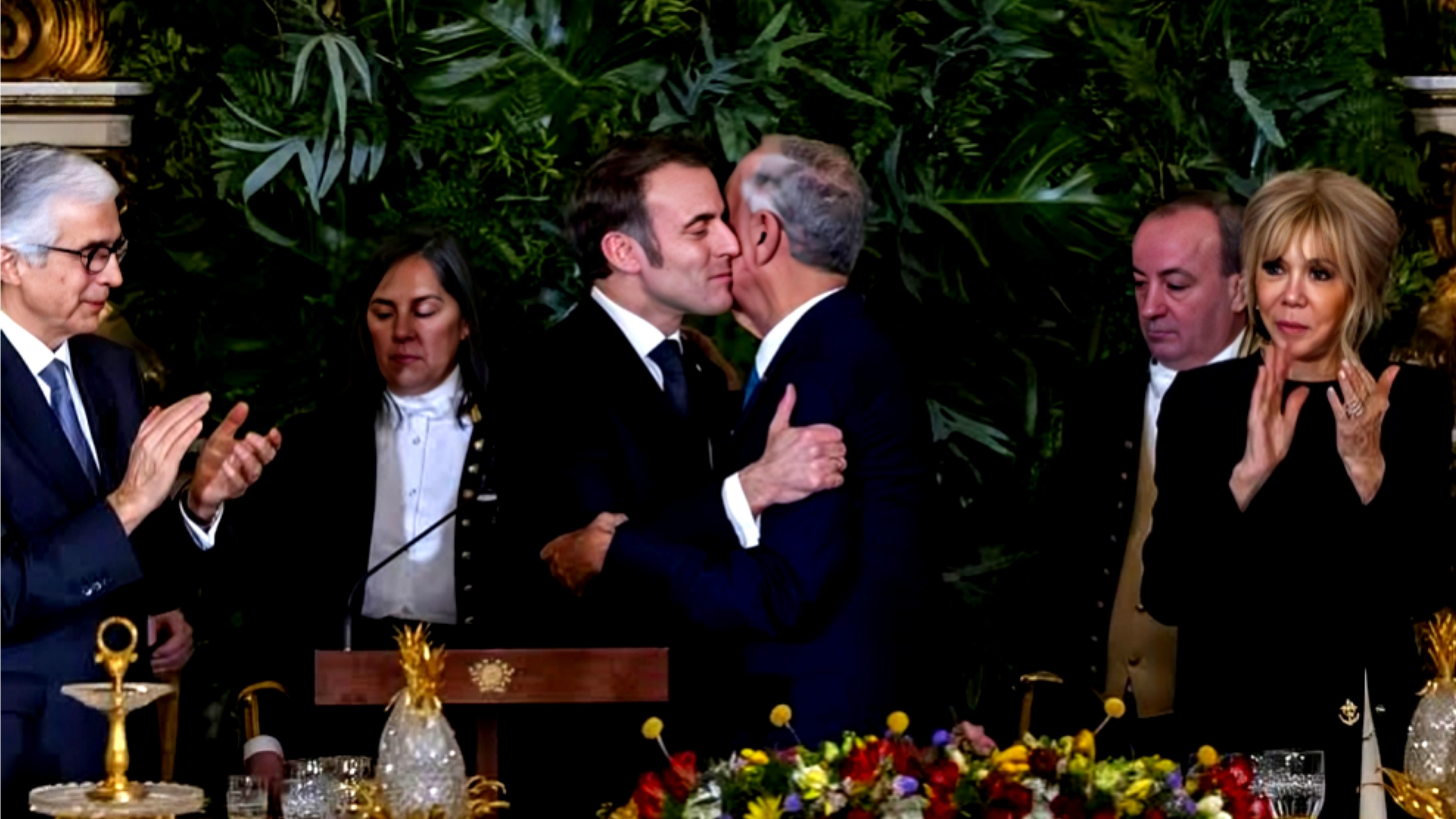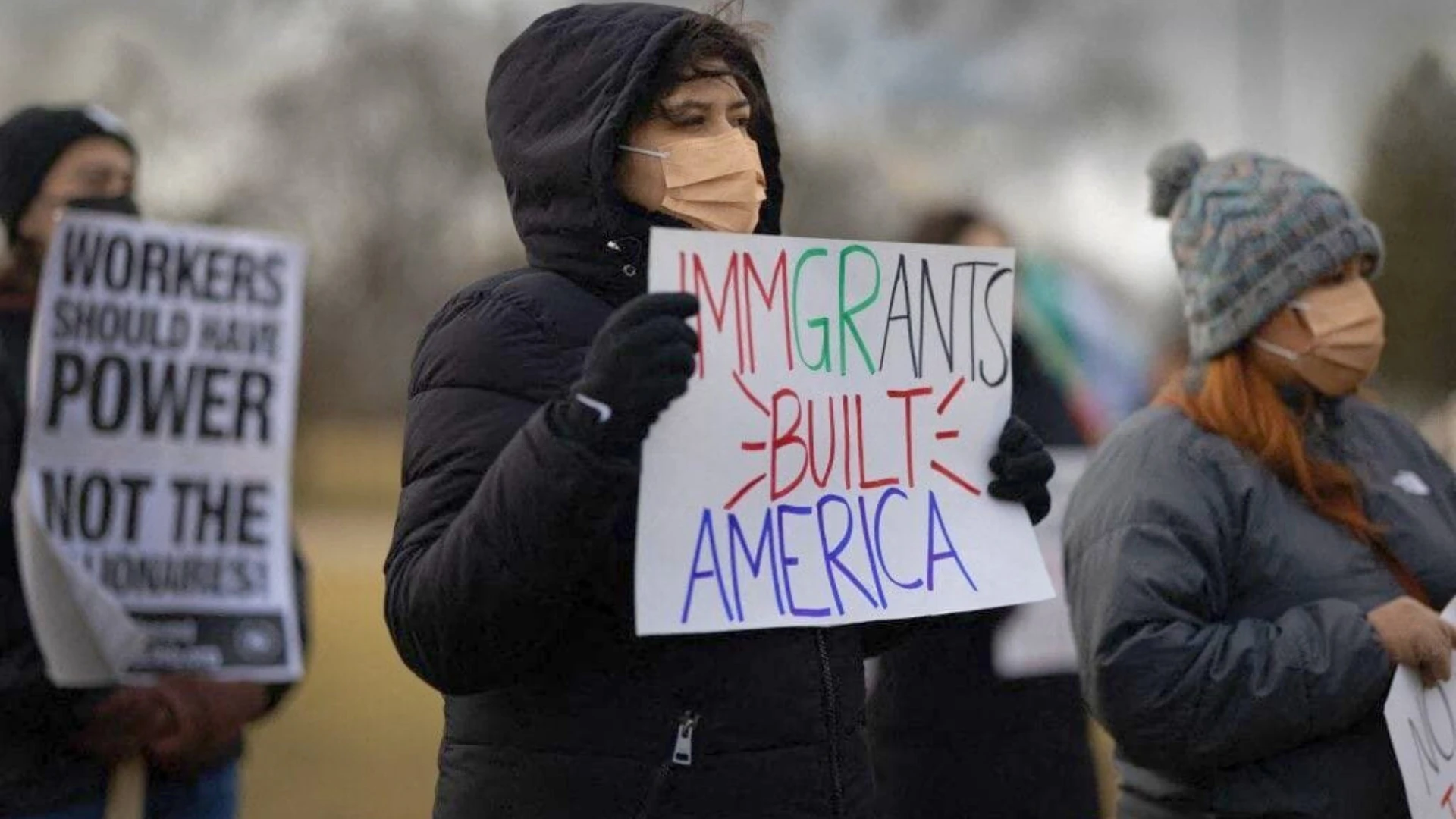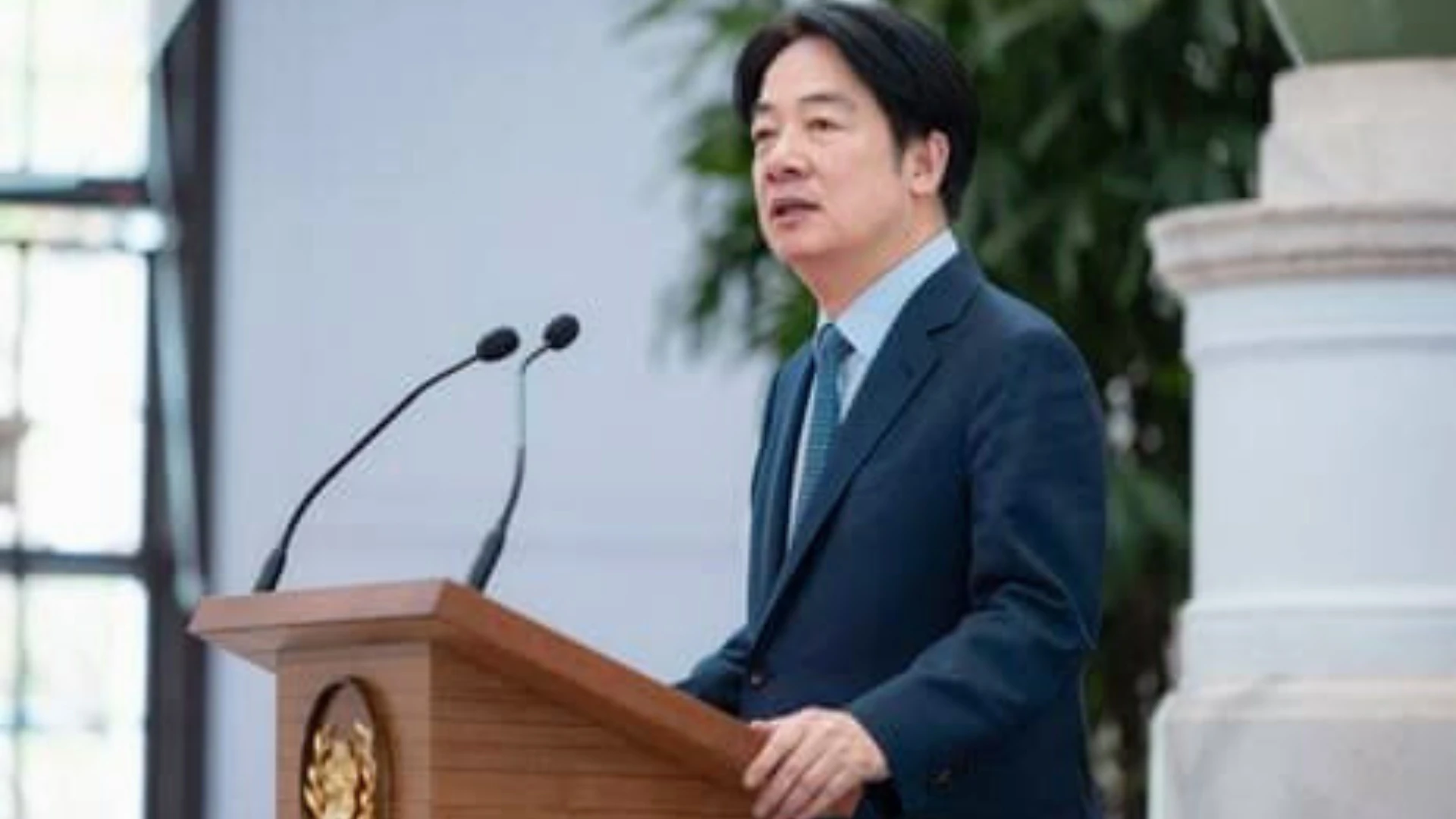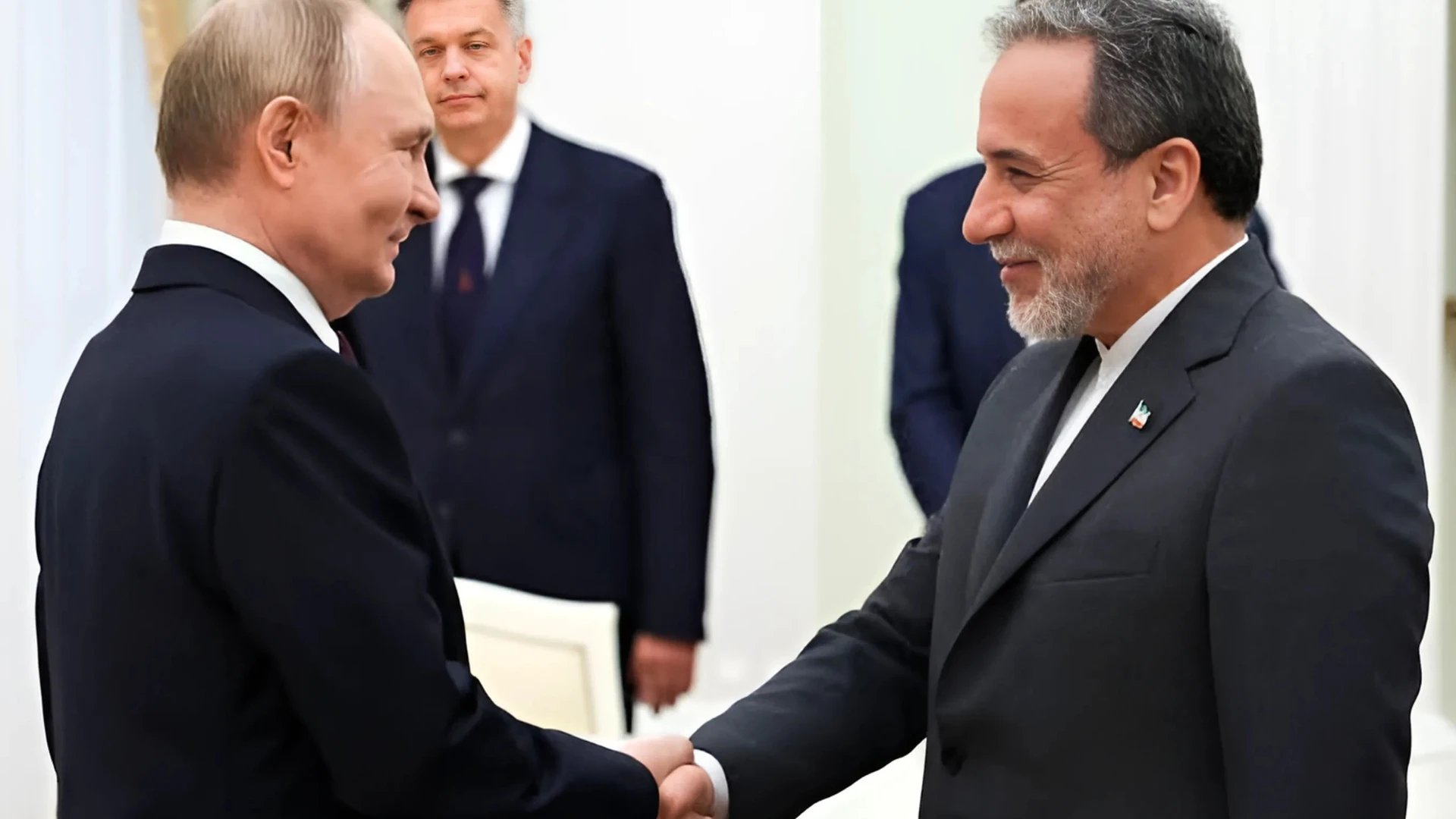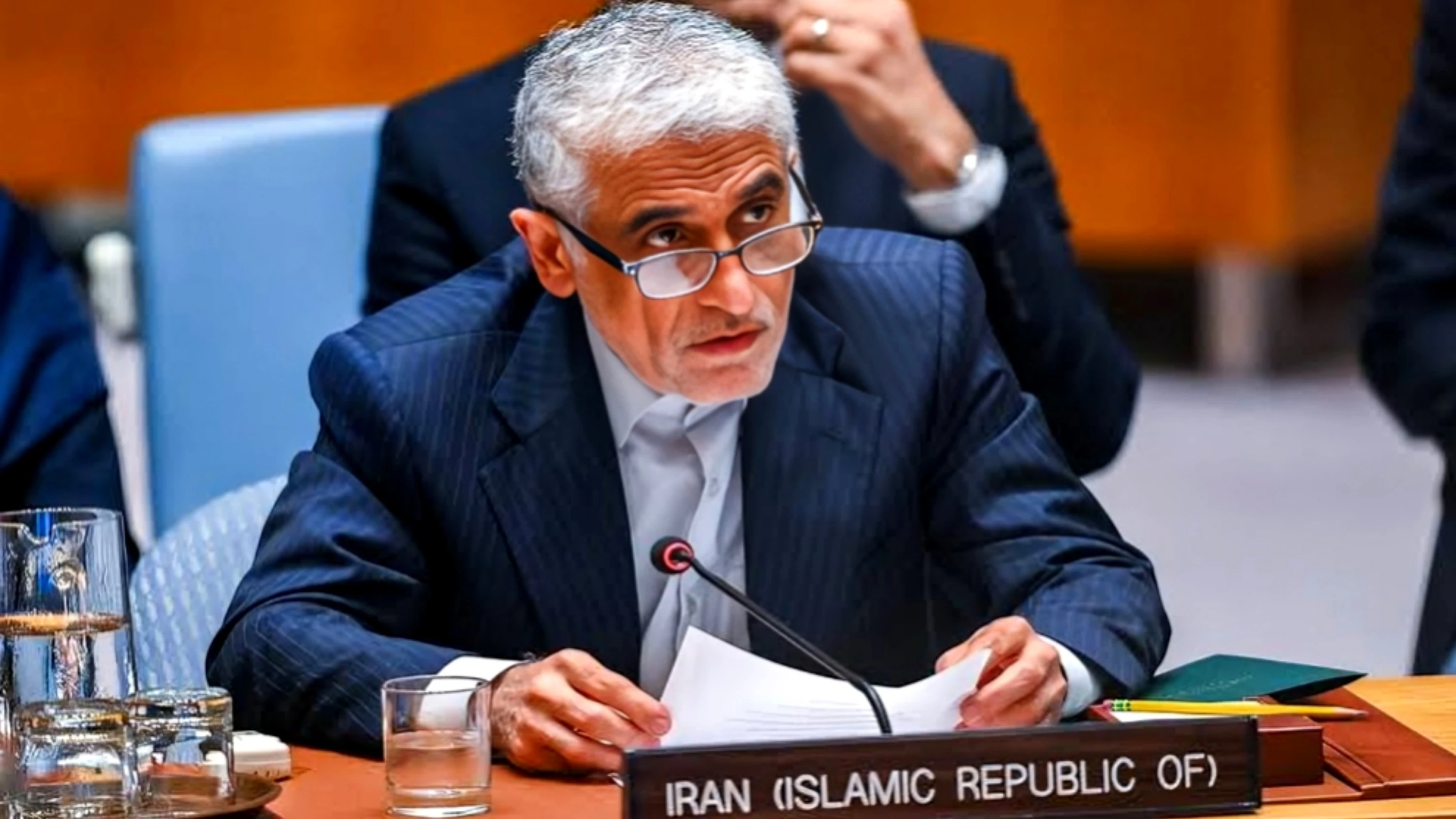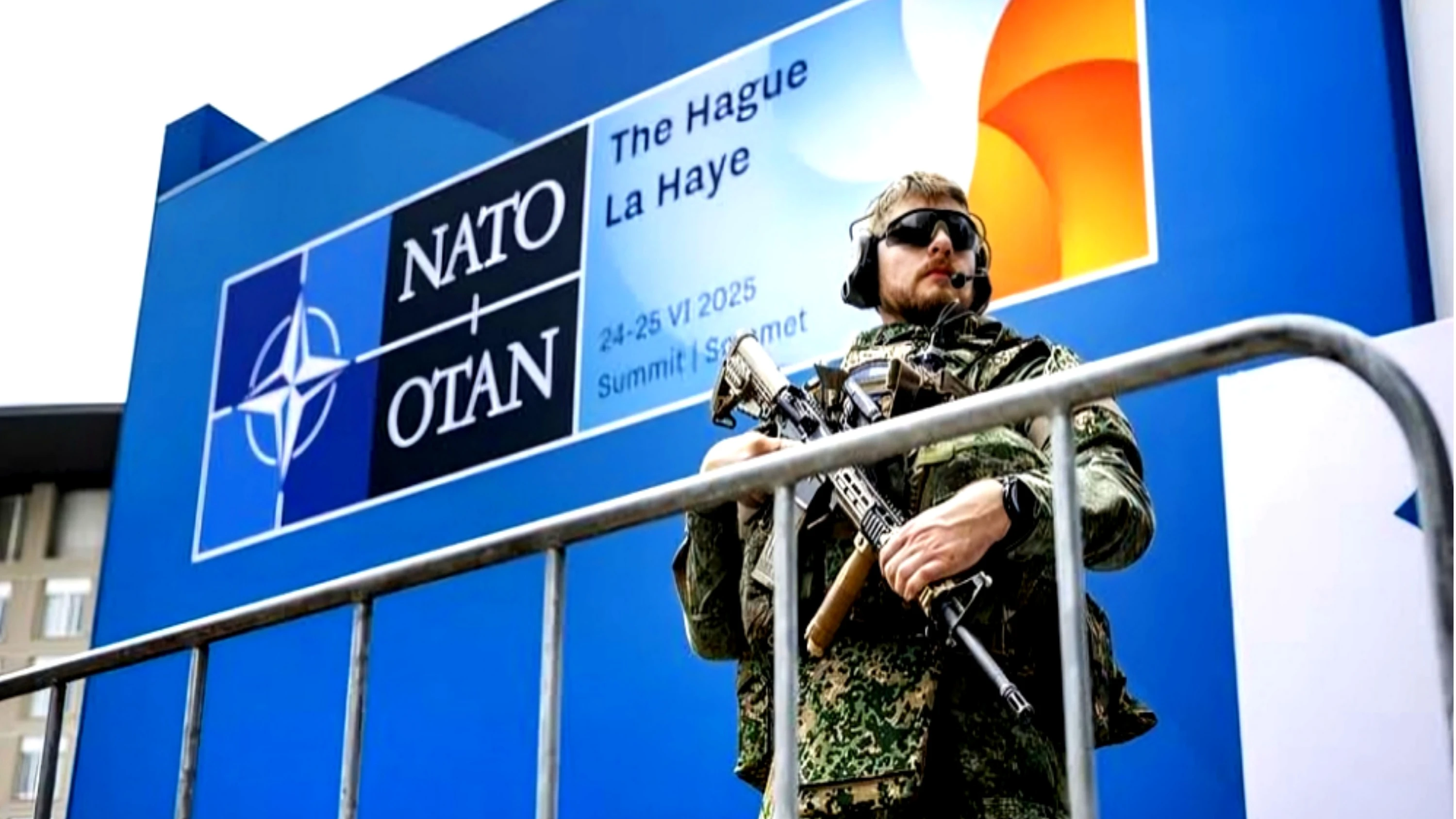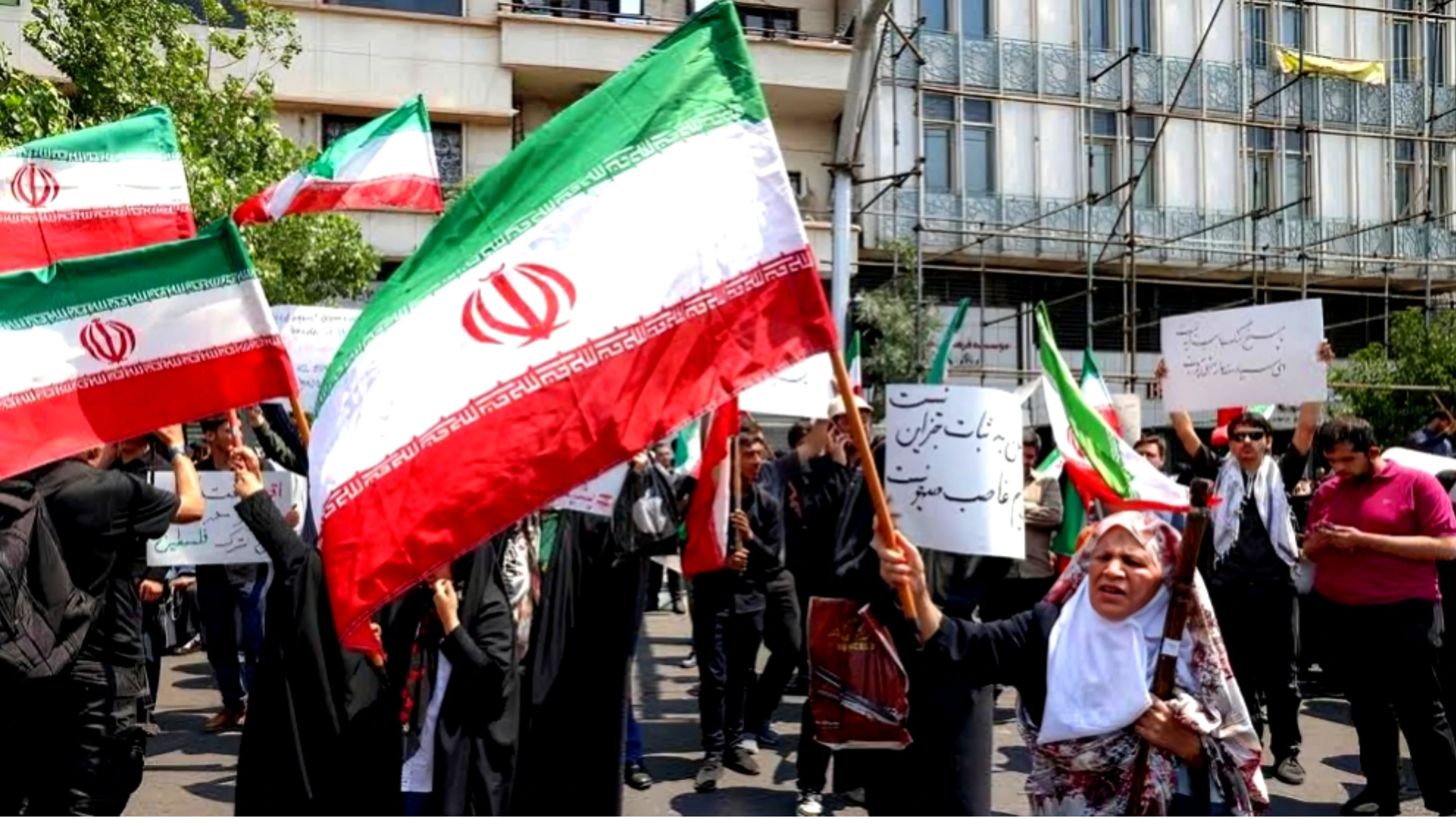Lisbon: French President Emmanuel Macron arrived in Portugal on Thursday for a two-day state visit aimed at reinforcing bilateral relations and fostering European unity.
Upon his arrival in Lisbon, Macron and First Lady Brigitte Macron were honored with a welcoming ceremony outside the historic Jerónimos Monastery. He later met with Portuguese President Marcelo Rebelo de Sousa for formal discussions.
The visit comes at a crucial time for Europe, as political uncertainty grows following Donald Trump’s return to the White House. The US president’s recent statements and policy shifts have raised concerns across Europe, particularly regarding NATO and support for Ukraine. Trump has repeatedly warned that the US could withdraw from NATO unless European allies increase their defense spending. Additionally, his administration has suggested imposing trade tariffs on the European Union and reducing support for Ukraine in its ongoing war with Russia.
Trump has also reopened direct dialogue with Moscow, seeking a peace deal to end the conflict in Ukraine—without including Brussels in the negotiations. This approach has heightened tensions between the US and Europe, prompting European leaders to call for greater unity and self-reliance in security matters.
Earlier this week, Macron traveled to Washington, where he met with Trump to emphasize the importance of continued US support for Ukraine. He urged Trump to recognize the broader geopolitical stakes and maintain transatlantic cooperation. On Friday, Trump is expected to host Ukrainian President Volodymyr Zelenskyy at the White House, a meeting Macron welcomed, saying, “It’s important that Zelenskyy can explain to President Trump what is at stake in his country.”
Macron’s visit to Portugal will continue on Friday in Porto, where he and Prime Minister Luís Montenegro are set to sign a series of bilateral agreements covering political, economic, and security cooperation. The two leaders are also expected to discuss the future of European defense, emphasizing the need for a strong and united Europe in the face of shifting global alliances.


